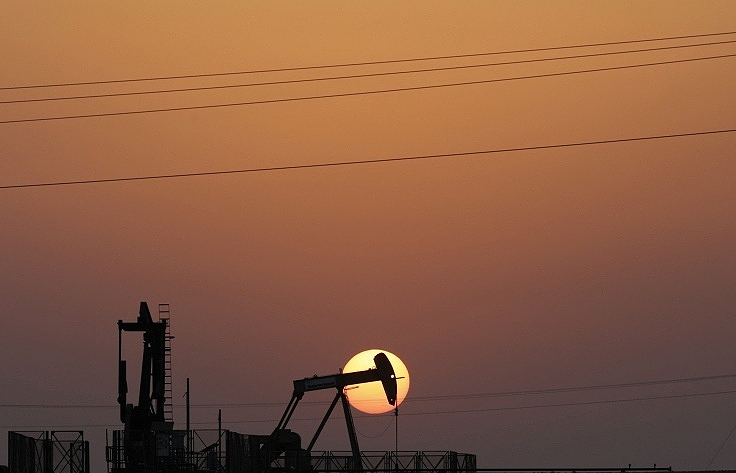OPEC intends to continue talks with non-OPEC producers, President of the OPEC Conference and Qatar’s Minister of Energy & Industry Mohammed Bin Saleh Al-Sada said on Thursday at the 169th Meeting of the OPEC Conference.
“We hope the talks that have evolved over the past year or so with non-OPEC producers, will continue. It is important that we maintain all possible avenues for cooperation and understanding for the benefit of OPEC countries in particular, and the world at large,” he said.
Russia is the largest exporter of oil out of non-OPEC countries.
On April 17, representatives of 18 oil-producing nations met in Doha, Qatar to discuss freezing oil production cap, but failed to reach agreement.
According to Minister of Energy and Industry of Qatar Mohammed Saleh Abdulla Al Sada, the countries’ representatives discussed several mechanisms of freezing oil production and decided that more time was needed. At the same time the 19th participant in the talks – Iran – on the eve of the meeting refused to discuss freezing oil production, explaining that by the recent lifting of the sanctions.
On February 16, in Doha, Qatar, oil ministers of Saudi Arabia, Qatar, Venezuela, members of OPEC, and Russia’s Energy Minister Alexander Novak held talks on improvement of the situation with oil prices. The parties expressed readiness to maintain oil production on the level of January of 2016, if other oil producing countries join this initiative.
According to some analysts, the results of the upcoming meeting will be dictated by the interests of Saudi Arabia – the June summit could end up the same as the December – with criticism of the position of Saudi Arabia from Iran and Venezuela.
OPEC includes 13 members – oil exporter countries – Angola, Venezuela, Indonesia, Iran, Iraq, Kuwait, Libya, Nigeria, UAE, Saudi Arabia, Algeria, and Ecuador. Cartel members control about 70% of world oil reserves, they account for one third of world production.
